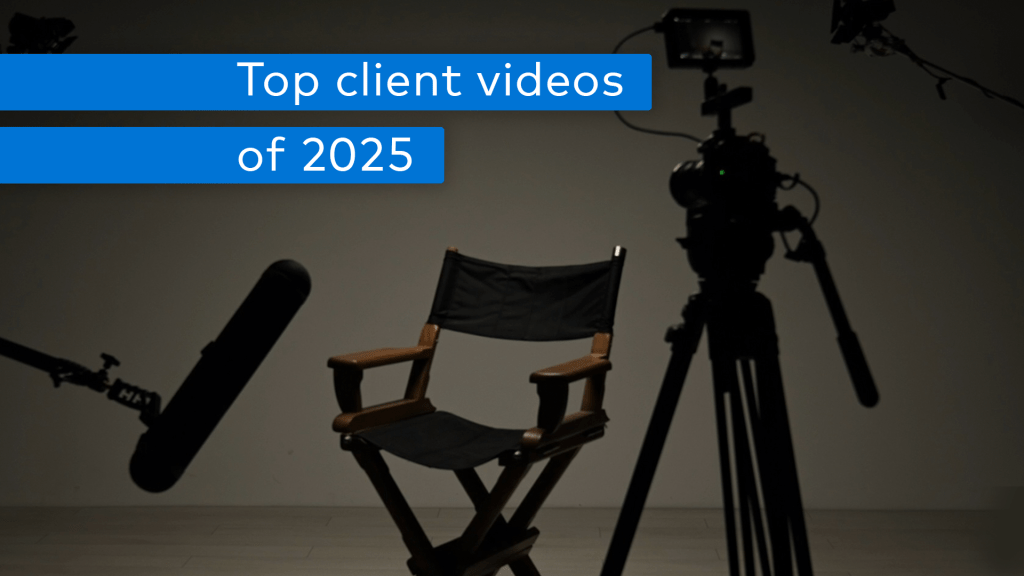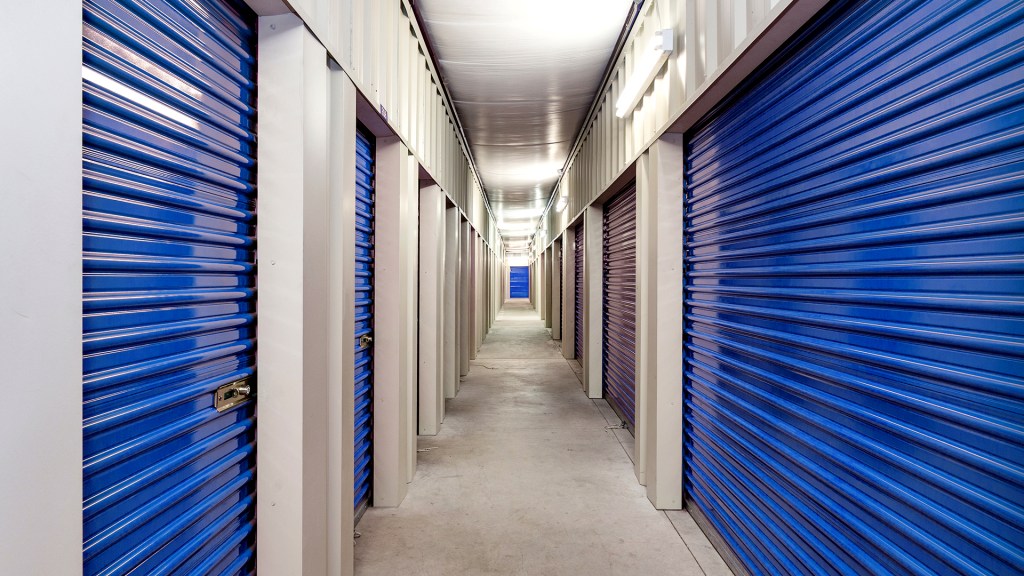By Joel Nelson on November 15, 2018 in Energy News
“Do more with less”—a philosophy that some fear is a recipe for exhausting people and systems. But a recent webinar sponsored by the Professional Retail Store Maintenance Assn. (PRSM) showed how the right technology, when properly executed, can benefit workers and businesses—and cut operational costs by tens of millions of dollars.
The webinar shared best practices for choosing and implementing technology, as well as improving internal processes to make global management work. Commercial real estate services and investment firm CBRE, which manages communications services provider Sprint Nextel’s real estate operations, including its building automation systems, highlighted its energy journey and the implementation of Yardi Pulse Central Control, former Proliphix, in more than 1,200 U.S. retail outlets operated by Sprint.
After taking over Sprint’s real estate operations in 2009, CBRE used technology and improved processes to lower Sprint’s operating systems costs by $35 million, generate more than $750,000 in energy savings, reduce energy costs by 14%, and cut the company’s small box retail division’s maintenance costs by 15-20%, Chris Gardner, real estate manager for Sprint Nextel, told the webinar participants.
A CBRE audit revealed more than 2 million hours of unnecessary run-time. Dedicated to investing in long-term solutions, CBRE greatly expanded its use of Yardi Pulse Central Control to optimize building lighting and control heating, ventilation and air conditioning (HVAC) systems with cloud-based remote management software. The solution enables easy scheduling adjustments and safeguards for continuously monitoring temperatures, thermostat settings and potential equipment malfunctions, ensuring each building only uses the energy it needs.
But investing in the right solution meant taking the conversation far beyond mere energy savings to address maintenance costs, asset health, employee efficiency and even revenue. According to webinar participant Cole Schoolland, this requires a multifaceted enterprise solution rather than limited scope single-focus point solutions, which stagnate and quickly become obsolete.
“Enterprise solutions can scale within an organization to solve for multiple roles on multiple levels with global management, with intelligent features that enable scheduling, failure prediction and service validation,” said Schoolland, an account executive for Yardi Energy. “A standard-programmable or simple ‘smart’ thermostat focuses on a limited set of value, while an intelligent thermostat or a full enterprise management system enables you to go way past energy management.”
Yardi Pulse Central Control enabled CBRE to take a much more proactive approach to portfolio management. The principal result was a drastically reduced number of comfort calls. It also enabled a predictive maintenance strategy, which is far more efficient than the usual Planned Preventative Maintenance practice which schedules maintenance calls on a calendar in hopes of catching anything critical.
“My team and I can see when a unit is struggling before it fails and make a quick, prescriptive fix or adjustment,” said Ken Cooper, a senior manager for CBRE.
As for “doing more with less,” Cooper pointed out that this kind of automation can make the “robots” work for people rather than replace them. Automation can make up for shortages in professional labor, reduce the time people spend on simple, repetitive tasks and allow more attention to complex issues.
Gardner said, “If investors see an opportunity that returns 14% annually, they’ll grab it. Retail organizations should do the same thing regarding energy consumption. The investment pays off—the worst thing you can do is not act. We see Yardi Pulse Central Control as an investment that enables us to save many times our annual costs.”
Learn more about PRSM, the webinar’s sponsor and the leading membership organization for retail facilities and vendor professionals.





